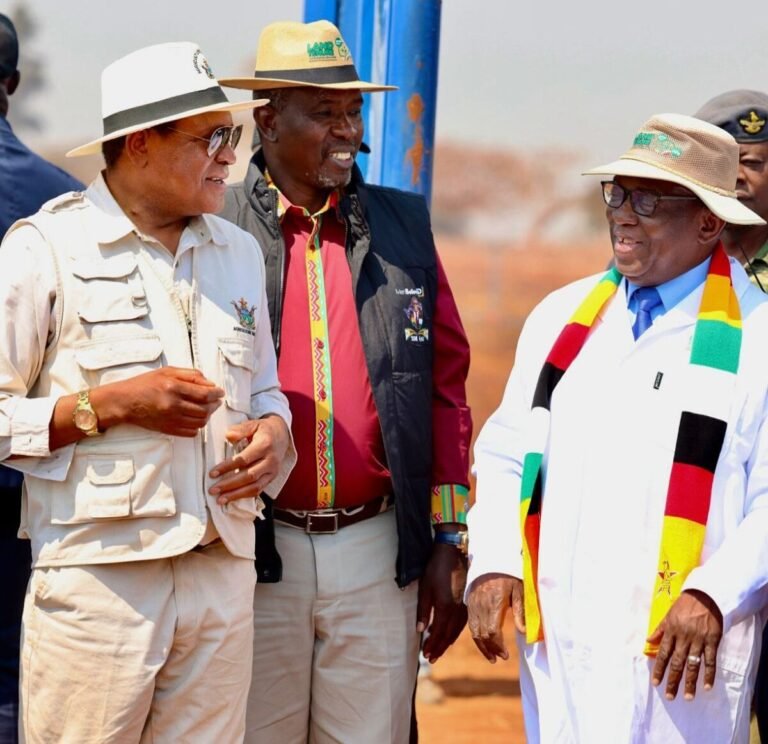MAZOWE – President Emmerson Mnangagwa on Monday handed out title deeds to 10,000 A1 farmers and launched a US$2 billion irrigation scheme, pledging to rework small-scale farming right into a climate-resilient, year-round enterprise.
At a ceremony held at Craigengower Farm in Mazowe, Mashonaland Central, Mnangagwa mentioned the so-called A1 Irrigation Productiveness Booster Kits would mark a turning level in Zimbabwe’s push for meals safety. Every taking part farmer is about to obtain irrigation gear value US$6,000, financed by a mortgage facility to be repaid over seven years.
“This programme will free our farmers from dependence on rainfall and guarantee meals safety for our nation,” Mnangagwa mentioned, promising that the scheme would finally cowl 300,000 beneficiaries nationwide.
However whereas the handover was pitched as a milestone in agrarian reform, authorized consultants instantly raised doubts over the legitimacy of the “title deeds” given to farmers.
Outstanding lawyer and opposition politician Fadzayi Mahere described the train as unconstitutional.
“The structure doesn’t permit for personal possession of agricultural land. Sections 72(4) and 72(5) make it clear that every one agricultural land belongs to the State. Title deeds for such land have been cancelled after the land reform programme, and the regulation solely permits the State to situation permits, provide letters or leases — not title deeds,” Mahere mentioned.
She added that the paperwork distributed by authorities “are of no pressure or impact” and wouldn’t be recognised by banks as safety for loans or lawful transfers of land.
The irrigation initiative can be drawing comparisons with the controversial Command Agriculture programme, which left treasury saddled with billions of {dollars} in debt amid accusations of huge corruption.
Critics argue that the brand new irrigation kits are overpriced. One authorities critic mentioned:
“The kits price lower than US$2,500 in the marketplace. Farmers are being pressured to tackle a US$6,000 debt, leaving US$3,500 per package to be skimmed off. Multiply that throughout the 300,000 focused farmers, and it’s a possible US$1 billion scandal.”
Such considerations have fuelled suspicion that the scheme might be one other state-backed mechanism for looting underneath the guise of empowerment.
The controversy deepens with the involvement of businessman Kudakwashe Tagwirei, an in depth Mnangagwa ally who chairs the Land Tenure Implementation Committee. Tagwirei can be a serious shareholder in CBZ, the financial institution spearheading the mortgage programme.
Analysts warn that this twin function raises severe conflicts of curiosity, with fears that CBZ might in the end seize huge tracts of farmland from farmers who default on their loans.
“The scheme is diabolical in its simplicity. What appears like liberation is debt bondage. What appears like growth is theft, institutionalised at scale,” one critic noticed.
Meals Safety vs. Political Patronage
Authorities insists the irrigation drive is about climate-proofing agriculture and boosting productiveness. Mnangagwa cited enhancements in grain output in recent times as proof that state-led interventions are bearing fruit.
But the questions over the authorized standing of the title deeds, the true price of the irrigation kits, and Tagwirei’s central function solid a protracted shadow over what was meant to be a flagship initiative.

